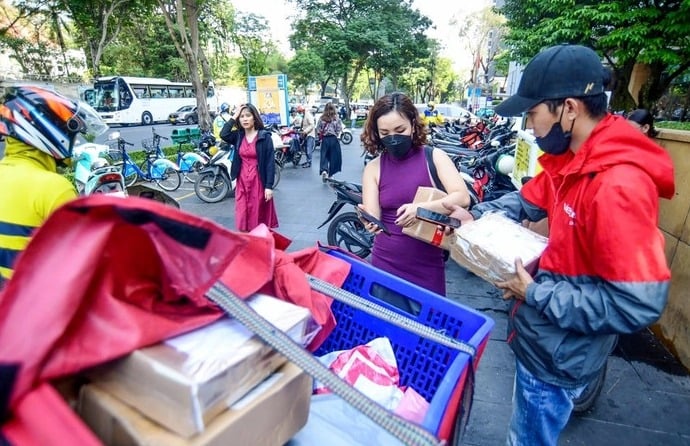
VCCI has just sent an official dispatch to the Ministry of Finance to comment on the draft decree regulating customs management of exported and imported goods traded via e-commerce and pointed out many inappropriate points in the draft, especially regulations related to tax exemption and specialized inspection.
Average value is about 43,682 VND/order
One of the biggest concerns is the provision in Article 12 of the draft on import tax exemption for single-item products. small value goods (from 1 million VND or less).
VCCI believes that this mechanism is not really suitable and risks continuing to create inequality with domestically produced goods. The reason is that most imported goods will be exempt from import tax.
The evidence given is that in 2024, more than 324 million imported products were sold through a large e-commerce platform, Shopee, generating revenue of VND 14,200 billion, with an average value of only about VND 43,682/product.
Thus, the 1 million VND threshold regulation means that most imported e-commerce goods will not be subject to import tax.
This creates inequality as domestic enterprises still have to pay import tax on imported raw materials to produce goods, while e-commerce goods are completely exempted. This inequality invisibly creates a competitive advantage for foreign goods.
VCCI believes that it is necessary to consider applying a comprehensive import tax policy, without exemptions, for imported e-commerce goods.
However, this is challenging because the number of HS codes in each e-commerce shipment is very large and difficult to determine.
In fact, the tax exemption regulation with a threshold of 1 million VND also comes from the principle that the cost of collecting taxes on small-value products may be greater than the amount of tax collected.
To address this issue, VCCI proposes simplifying the tax schedule for e-commerce goods based on international experience.
HS codes can be grouped into a number of “goods baskets” by industry or use, each basket corresponding to a specific tariff rate, similar to what Canada has done. This makes it easier for businesses to categorize goods instead of arguing over detailed HS codes.
Therefore, VCCI recommends that the drafting agency consider amending import tax regulations in the direction of stipulating a simplified tax rate schedule and applying it to all e-commerce orders regardless of value.
Manage and inspect specialized by seller
Similar to the tax issue, Article 11.1 of the draft proposes to exempt licenses, conditions, and specialized inspections for imported goods valued at VND1 million or less, with a total annual value of no more than VND48 million for each organization or individual. This regulation is being designed in the direction of management by the buyer (importer).
According to VCCI, this regulation is not suitable for the characteristics of e-commerce and may create policy loopholes.
Applying the 1 million VND threshold does not bring significant results, because most imported goods are of low value.
This means that most e-commerce goods do not have to go through licensing procedures or specialized inspections, even though the total value of goods sold to Vietnam is very large, creating inequality compared to domestically produced goods.
The current design approach is still based on traditional import thinking, while there are distinct differences between the two forms.
With traditional imports, import enterprises are professional organizations with clear identities and are subject to strict control. Meanwhile, information about foreign sellers is difficult to verify and often changes. Therefore, state agencies often control according to the buyer.
With e-commerce imports, information about sellers (including foreign sellers) is much clearer than that of buyers, controlled by the e-commerce platform. Orders are often concentrated on certain sellers, allowing for more centralized and efficient monitoring.
Therefore, VCCI proposes to switch to seller-based management instead of continuing to manage by buyer. Specifically, it is possible to exempt specialized inspections for sellers with small orders and require sellers with large orders to comply with licensing regulations and specialized inspections similar to the operation. Express delivery.
This mechanism will ensure risk-based management, focusing on goods with large transaction volumes. Based on the above analysis, VCCI recommends that the drafting agency consider building a mechanism for license management and specialized inspection by seller.
Source: https://baoquangninh.vn/hang-mua-qua-san-chua-den-50-000-dong-don-vcci-phan-doi-mien-thue-hang-gia-tri-nho-3359842.html


![[Photo] General Secretary To Lam works with the Central Policy and Strategy Committee](https://vphoto.vietnam.vn/thumb/1200x675/vietnam/resource/IMAGE/2025/5/28/7b31a656d8a148d4b7e7ca66463a6894)
![[Photo] 12th grade students say goodbye at the closing ceremony, preparing to embark on a new journey](https://vphoto.vietnam.vn/thumb/1200x675/vietnam/resource/IMAGE/2025/5/28/42ac3d300d214e7b8db4a03feeed3f6a)
![[Photo] Prime Minister Pham Minh Chinh receives a bipartisan delegation of US House of Representatives](https://vphoto.vietnam.vn/thumb/1200x675/vietnam/resource/IMAGE/2025/5/28/468e61546b664d3f98dc75f6a3c2c880)

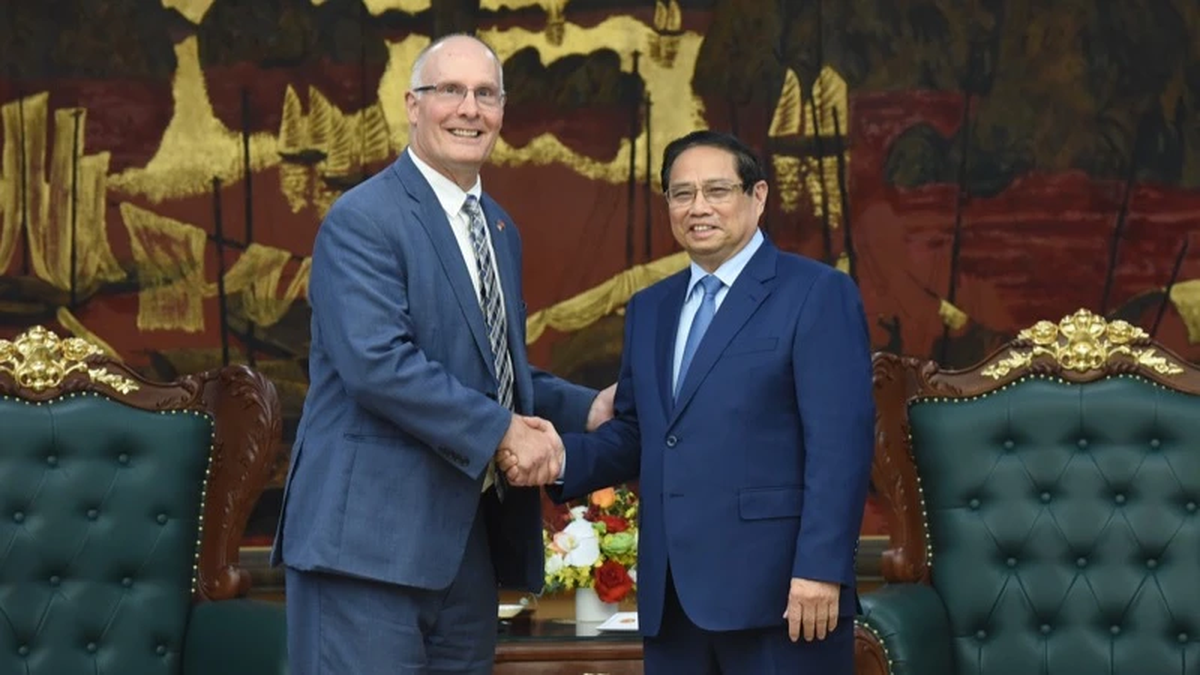
![[Photo] Vietnamese and Hungarian leaders attend the opening of the exhibition by photographer Bozoky Dezso](https://vphoto.vietnam.vn/thumb/1200x675/vietnam/resource/IMAGE/2025/5/28/b478be84f13042aebc74e077c4756e4b)
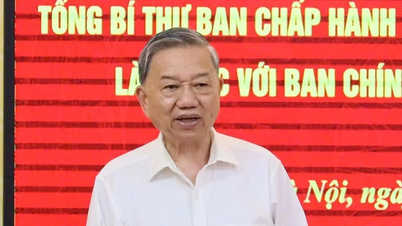

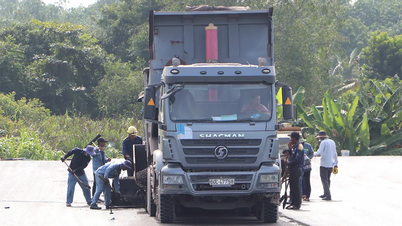


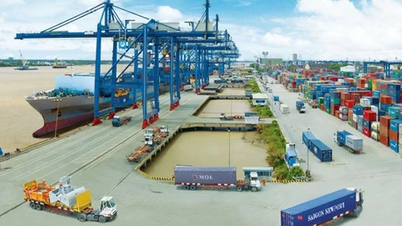
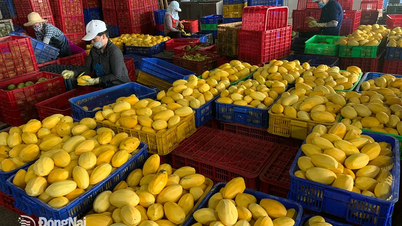






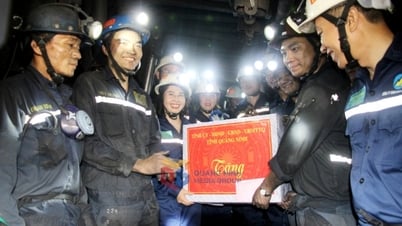


































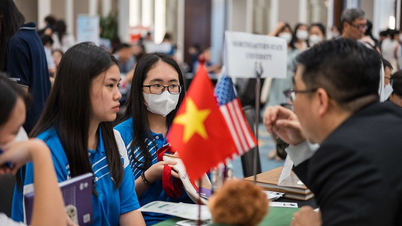










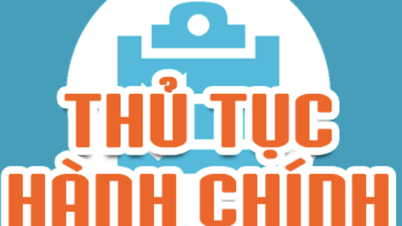

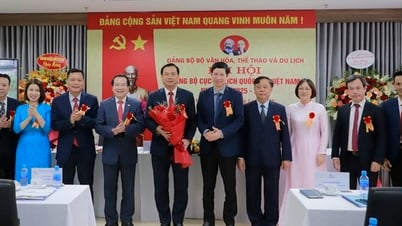
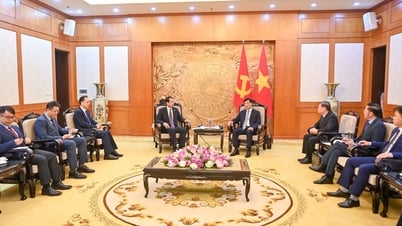




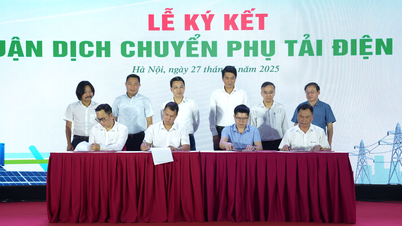
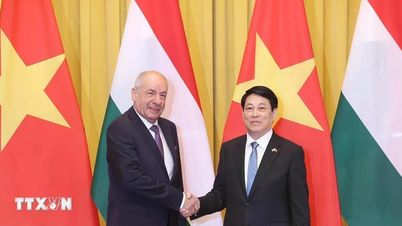









Comment (0)